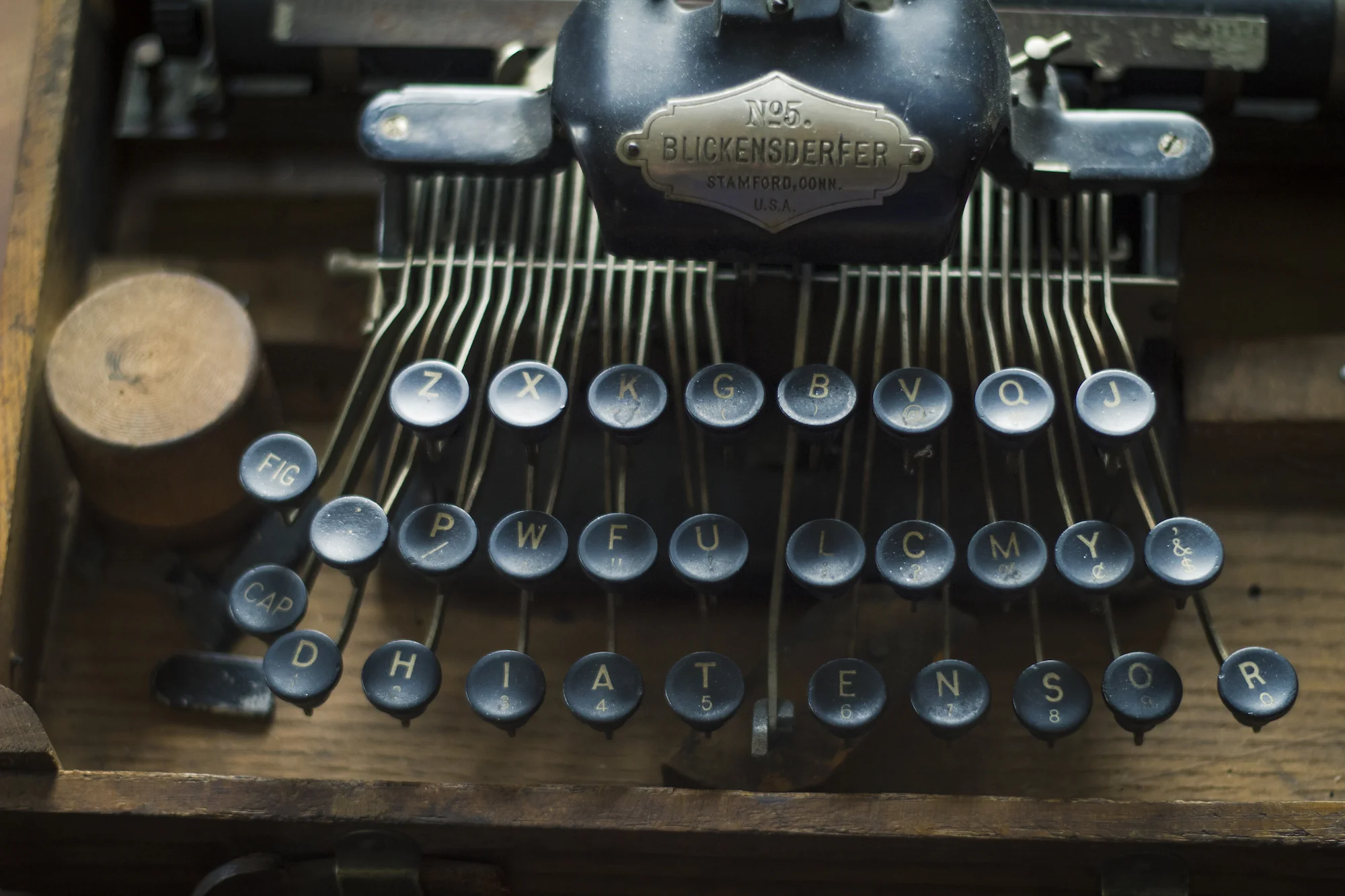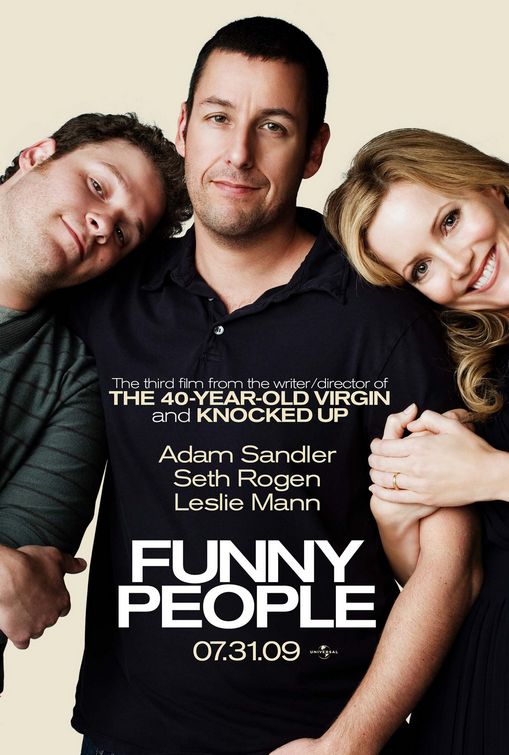
By the time I started watching “Bent”, the show had already been officially cancelled. NBC blew threw all six episodes they’d made in three weeks, then announced that the show wouldn’t be returning. I was not shocked to hear the news, the promotion for the show had been spotty and mostly dismal, and the ratings had been correspondingly tepid.
They had their work cut out for them on this one, anyway. With a show like “Bent,” you had to sit through a few minutes to catch on to the loose, conversational rhythm of the show. But TV promotions need to be about 10 seconds long (because that’s the only way they know how to market shows), so in every ad, NBC’s marketing department would just pick a quick clip of dialogue that sounded vaguely similar to a standard set up/joke delivery, and then trot that out during commercial breaks. It’s not particularly surprising the strategy didn’t work, and “Bent” disappeared before most people noticed it had ever been.
Most of the shows I watch seem perpetually on the verge of cancellation. Every week, it’s a rallying cry on Twitter, begging for “first-watch eyeballs” (that is, non-DVRed viewing) on the latest “Community” or “Bob’s Burgers.” “Parks and Recreation” is only alive because NBC has nothing else in the tank to replace it. Some are anointing “Happy Endings” the funniest show on TV, just in time for it to likely disappear at the end of the year. “30 Rock” was, at its peak, the 62nd most watched show on television, and it signed off two weeks ago with one of the characters shouting, “that’s our show! Not a lot of people watched, but joke’s on you, because we got paid anyway!”
I’ve taken part in the begging myself. I’ve submitted a few “watch this, please!” tweets in regards to all the shows above, and I pushed for people to watch “Awake” so it wouldn’t be cancelled (neither of those things happened, sadly). I even feel kinship for campaigns to save shows I don’t particularly enjoy, like the fans who clung to “Don’t Trust the B in Apartment 23” until the day it died – though mostly, I feel relieved that I don’t feel attached enough to the show to have to summon the energy to get up in arms about it.
A lot of people harp against the unfairness of it all, but I’ve come to feel the other way about it. It might be unpopular to say, but I kind of…. love following shows that could leave me at any moment.
Television is a static medium. That’s part of the appeal. We meet and fall in love with characters, and every week they return to us.
The trouble is, there’s nowhere else for that relationship to go. The show may get better for a time, and we will grow to love it more, but eventually, inevitably, it will get worse. The experience of watching it will become a chore. The network might take it off the air, or we might give up on it, but the unshakable fact of the matter is that either they will leave us, or we will leave them.
The news that “How I Met Your Mother” had been renewed for a new season would once have filled me with gladness, but now it only brings a hollow dread. As each of the last few seasons has progressed, everything I loved about the show has slowly drained away, until now I find myself unable to root for any of the characters. Each episode only damages the goodwill I have towards the show, and a new season – which I will helplessly watch at least some of – will only damage my relationship with the show more.
Compare that to the early, heady days, when the show was constantly on the brink of cancellation, and only a few CBS execs who liked the show kept it hanging around in hopes of it finally finding an audience. That was a young, alive show, something that looked utterly distinct from this plodding thing that doesn’t know what it wants to be anymore.
Shows that realize that any moment the guillotine could fall are different from their steadier counterparts. The pace is faster, the jokes packed tighter, the showrunners take more chances. I remember someone on a DVD commentary (I think it was Joss Whedon talking about “Firefly,” but who knows) saying that the threat of cancellation is bad for your health, bad for your sleep pattern, bad for your family life, bad for your marriage – but good for your show.
A show like “Modern Family” doesn’t have that attitude. It’s a massive hit, ABC counts on them to anchor a Wednesday night full of unproven comedies, and so everything they do seems safe, predictable. I saw about half-a-dozen episodes of the show this year. They were the exact same as the episodes I watched last year.
I once loved the show, but now there’s no reason to get excited when it airs, because I know there’s nothing I’ll watch that’s any different from anything I’ve seen before.
Of course, part of that may just be me. Knowing I can click away from the show and come back a few weeks later, and the show will still be there… that’s part of what a lot of people like about TV. Television is a dependable bedrock, sending you the same content every week, never messing up something you love. That’s a harder thing to do than I often admit, and it’s not like “NCIS” would be a better or more daring show if they only made ten episodes a season, anyway. It’s steady as a train, and it always arrives at the same station. One day it will be gone, but only when it has outlived its usefulness, and not before.
But a show like “Parks and Recreation,” where at any moment the powers at be can just say, “well, that’s enough of that,” and it’s abruptly gone from my life – it makes me appreciate the show that I’m watching while I’m watching it. Because I know that it’s going to leave me long before I want to leave it.



